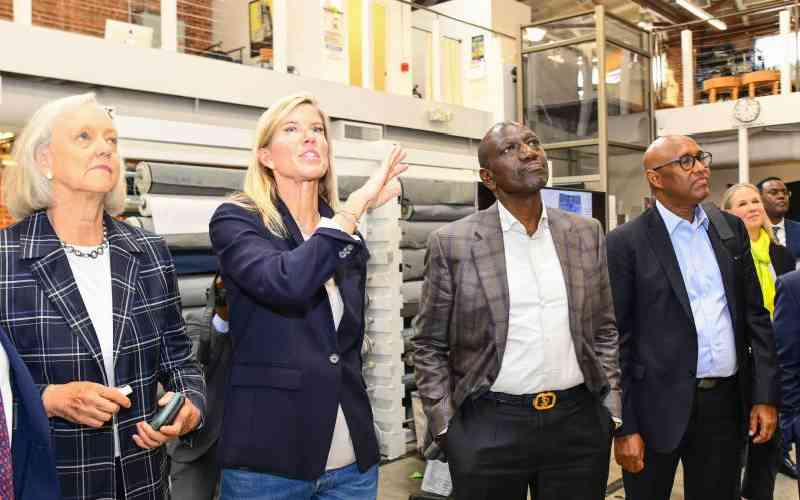×
The Standard e-Paper
Home To Bold Columnists

President William Ruto has stepped up his push to lure Silicon Valley for increased business for American tech giants in Kenya.
President Ruto made the pitch on Friday during his ongoing visit to the United States at the famed Silicon Valley. He asked the American investors to tap Kenya's pool of well-resourced app developers.